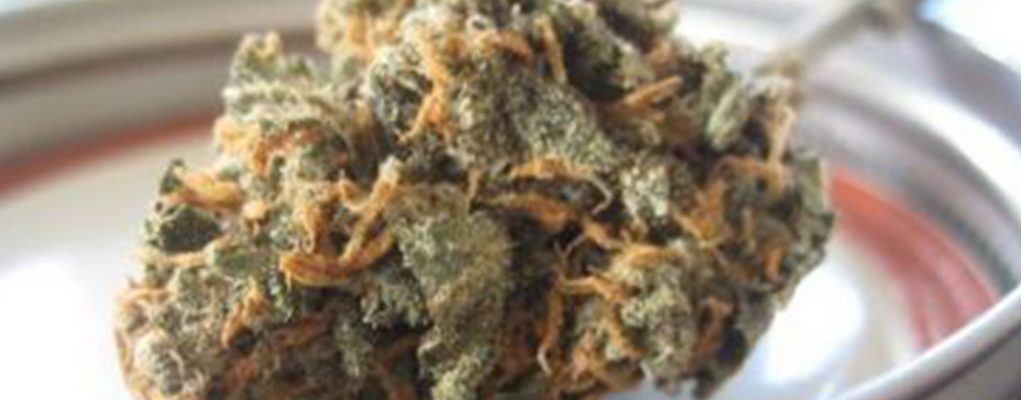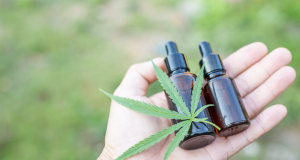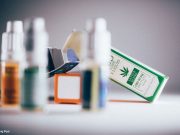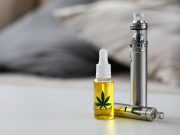“It’s by far the most controversial provision,” said Duggan. “The city will not issue a license to any business unless 50% of the licenses in that category are Detroiters. Which means if you’re from outside the city, you can’t get a license unless a Detroiter already has one. We’ll never go below 50%.”
The city leaders explained that the aim of the scheme is ensuring marijuana users benefit from the highly profitable industry, rather than be affected by the nation’s failed “War on Drugs.” “It was imperative for us to ensure we right that wrong,” Tate said. “We have individuals who are making a very good living on marijuana today, the same plant that created this situation of mass incarceration around our country in the city of Detroit, so this is an opportunity for us.”
An article on The Detroit News explained that applicants qualify for the “legacy” certification” if they’ve lived in Detroit for 15 of the last 30 years; lived in Detroit for 13 of the last 30 years and are low-income; or lived in Detroit for 10 of the last 30 years and have a past marijuana-related conviction.”
The benefit of legalizing marijuana for recreational purposes
From a public health perspective, this will also be considered a positive stride forward, as the legalization of the substance will diminish its presence on the black market, and therefore users will be more likely to obtain it via regulated and safe sources. In fact, a study published by JAMA Network Open last April, had indicated that the occurrence of EVALI was less common in US States where marijuana products are legal.
“Our results are suggestive that those in recreational marijuana states may be less likely to purchase illegal marijuana products on the black market,” said Dr. Alex Hollingsworth, assistant professor in the O’Neill School of Public and Environmental Affairs at Indiana University and co-author of the JAMA Network Open study.
States with legalized marijuana had less EVALI cases
Similarly, more recent data published in the journal Addiction, had reported a negative relationship between the occurrence of EVALI and the availability of legal marijuana markets. “A negative relationship between EVALI prevalence and rates of pre-outbreak vaping and marijuana use suggests that well-established markets may have crowded-out use of riskier, informally sourced e-liquids.”
“Indeed, the five earliest states to legalize recreational marijuana — Alaska, California, Colorado, Oregon and Washington — all had less than one EVALI case per 100,000 residents aged 12 to 64. None of the highest EVALI-prevalence states — Utah, North Dakota, Minnesota, Delaware and Indiana — allowed recreational marijuana use.”












